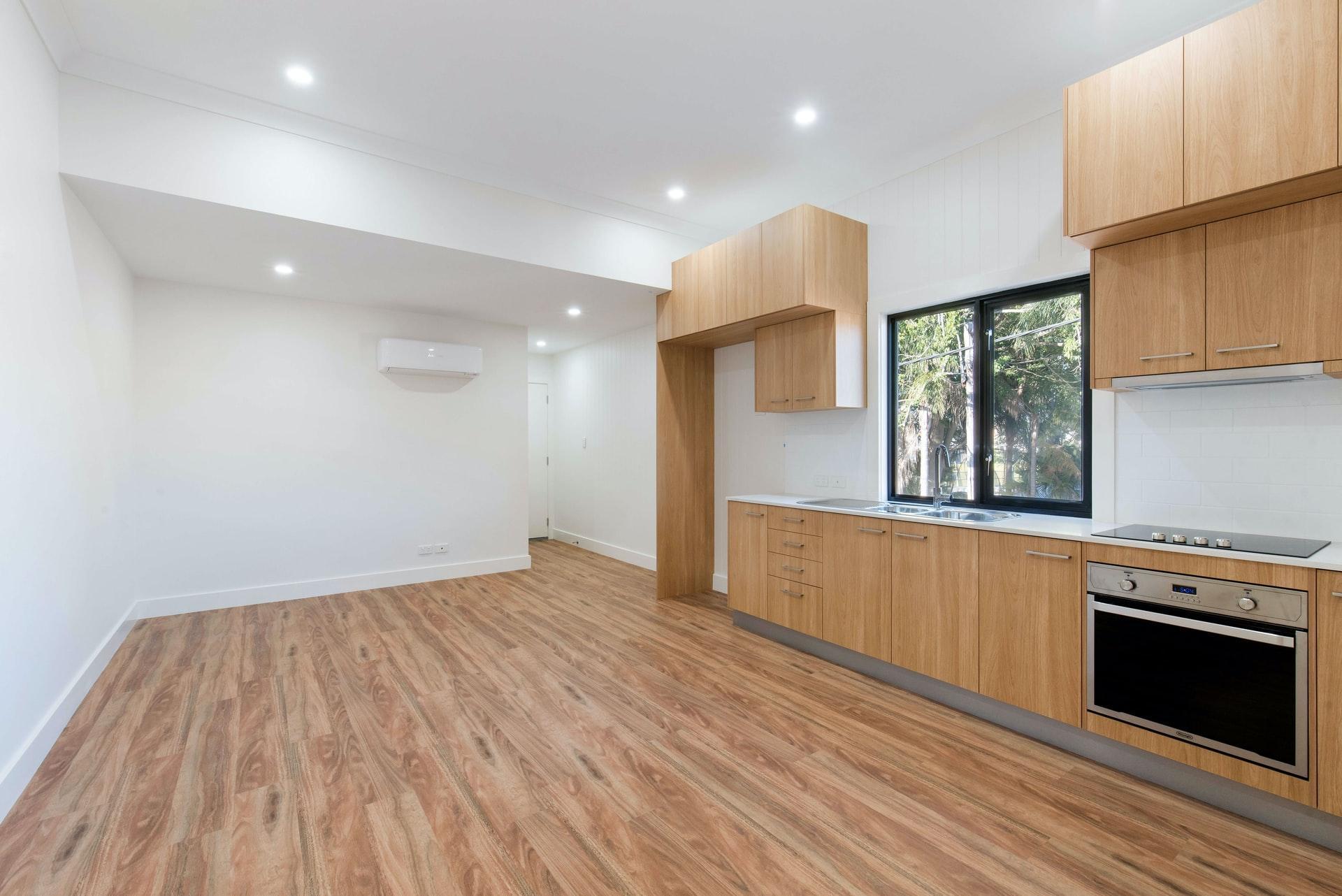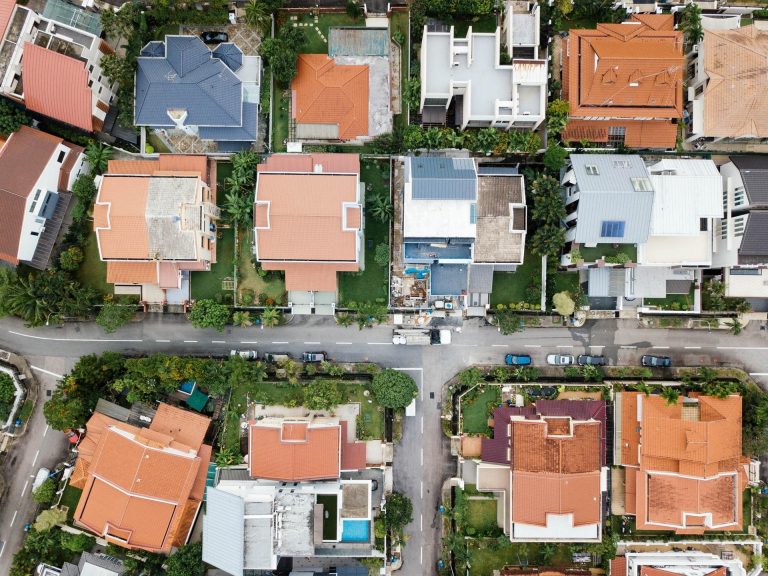Owning their own property is the dream of millions of Americans. With the pandemic leaving many Americans jobless, and the ever-growing housing market, now may not be the best time to buy a house. As a potential buyer, are you weighing the pros and cons of owning versus renting in 2022? The fear of missing out is a driving force for many Millennial first-time buyers, so they don’t really take into account things like property taxes, insurance, maintenance costs, and realtor commissions and fees.
Real estate prices are extremely high. As interest rates rise, it’s challenging to come up with enough money to buy a new house. Even if you tried to sell an inherited house that was recently passed down within your family, saving enough money for a new property is tough. Should you consider renting for a couple of more years before you invest all of your hard-earned money into a forever home? There are many real estate factors to consider. The short housing supply doesn’t seem to be improving in major cities any time soon. With such little supply and great demand, it doesn’t make sense from a financial point of view to buy a house at the moment, which is why many people turn to rent apartments. Renting isn’t as bad as some make it sound.
Here are 7 major benefits of renting versus owning a home in 2022.
Benefits of Renting vs Owning
Avoid Repair Bills and Maintenance Costs
One of the main benefits of renting is that you don’t have to deal with repair bills and maintenance costs. Instead, your landlord will be responsible for all repairs, improvements, and maintenance. If your roof starts leaking or an appliance starts working, you can just call your landlord, and he has to deal with the issue. On the other hand, homeowners are responsible for all repair, maintenance, and renovation costs. Depending on the scale of the repair or renovation, things can get very pricey very quickly.
No Real Estate Taxes
Another great benefit of renting a home is that you don’t have to pay property taxes. Property taxes can get quite expensive for homeowners and they vary by state and even country. In some areas, the property taxes can be thousands of dollars on a yearly basis. Although calculating property taxes are somewhat complex, they’re mainly determined by the amount of land you own and your estimated property value. And with many newly built homes being bigger, the property taxes can be quite the financial burden.

Free Amenity Access
If you’re going to rent in a mid to upscale apartment complex, you’ll probably get free access to amenities such as a fitness center, in-ground pool, Cambria countertops for kitchen, or other luxuries that you’d otherwise have to pay thousands of dollars for in installation and maintenance. If you own a condo, you’ll probably need to pay monthly fees to access these types of amenities. Renting an apartment with this type of amenity access included definitely has its benefits.
Flexibility
If you’re renting, you aren’t tied to one place. You can live anywhere you want. Homeowners are restricted to living in areas they can afford. Living in an expensive city like Los Angeles, New York, Houston or Dallas is out of reach for most people. However, it can be affordable for renters. Even though the rent can be very high, you can easily find an affordable monthly payment. Plus, you always have the flexibility to downsize at the end of your lease. This is especially beneficial for retirees who want smaller, affordable alternatives that match their finances. Breaking free from an expensive home can be quite difficult, as there are many costs associated with buying and selling homes. Plus, if you’ve invested a lot of money in repairs, maintenance and renovations, you might not get the selling price to cover them.
No Down Payments Required
Not having to deal with high up-front costs is another major benefit of renting. You might have to pay a month’s worth of rent in security deposits, but even that payment will be returned to you when you move out if you haven’t damaged the property. When buying a home with a mortgage, you’ll usually have to pay about 20% of the property’s value upfront. Of course, this means you’ll have equity in the home which will increase as you pay off the mortgage. And once you completely own the home, you’ll have a valuable investment that renters don’t. However, the amount of money needed for a down payment far exceeds that of a rental security deposit. If the house has a market value estimation of $400.000, a 20% down payment is $80.000. So, if you can’t afford a down payment, you’re better off renting a place instead.
Fixed Monthly Rent Payments
The rent you’ll be paying is fixed for the entire span of your lease agreement. While landlords can raise it, you’ll still be able to budget more efficiently, because you’ll know what you have to pay upfront. While you can still get fixed-rate mortgages, adjustable rate-mortgages fluctuate, often leading to rising payments due to higher interest rates. Property taxes are another thing that can fluctuate and increase costs for homeowners.
Lower Insurance and Utility Costs
As a homeowner, you need to maintain an insurance policy. While renters have to pay for an insurance policy as well, it’s much cheaper and covers almost everything you own. The average cost renters pay a year is around $200, whereas the average homeowner’s policy can be anywhere between $1000-1500 a year.
As far as utility costs go, you’ll usually pay more for a home you own than the one you rent. The first reason for this is the fact that rental properties are typically smaller, so you pay less for electricity and heat. Furthermore, rental properties usually feature more efficient floor plans, making them less expensive to power and heat.
Things to Consider Before Deciding
As you can see, renting has become increasingly more popular in the past few years. However, it doesn’t mean that it’s definitely the way to go, especially if you have the finances to deal with all the costs of buying a home. Here are a few considerations you’ll need to consider before you make a final decision about whether to buy or rent.
- Is this the right time to buy a home, emotionally and personally? Are you willing to be tied down to a house and all the responsibilities and stresses associated with owning one?
- Can you raise children in a downscale neighborhood or high-rise condo where you can afford a house?
- How much can you actually afford, and can you even afford it? Prices are extremely high in cities like Los Angeles, New York, Dallas, Austin, San Antonio, San Francisco, and Miami which you’ll have to spend the majority of your income on to get a cheap unit. Should you consider moving into a new town, or a neighborhood that will have a lower cost of real estate, but a longer commute to the places of your interest?
- Can you manage to pay the mortgage if it rises by 50%?
- Do you have any other debts like student loans or credit card debts?
- Is buying to rent out a good idea? You can rent a part of your house to get some cash flow to help with mortgage payments.
- Have you considered alternative investments, like crypto, startups, stocks, or gold?
What to Expect from the Rental Market in 2022?
There are a few changes that are expected this year in the rental market. Rent prices are expected to climb, especially for single-family houses and townhouses. For that reason, owning a home, enjoying stability, and building equity are tempting. Still, there are quite a few risks involved in buying a house. Job insecurity is the main one, but high down payments, lack of decent home listings, stringent mortgage requirements and high home prices don’t help.
Final Thoughts
While owning a home can be beneficial in the long run, those looking to avoid the troubles of homeownership such as paying high property taxes, maintenance, and upkeep costs often turn to renting. Of course, it all comes down to your financial situation, lifestyle, and personal preference, but those who rented up until this point find it better to keep renting, at least for the foreseeable future, until the pandemic winds down.

